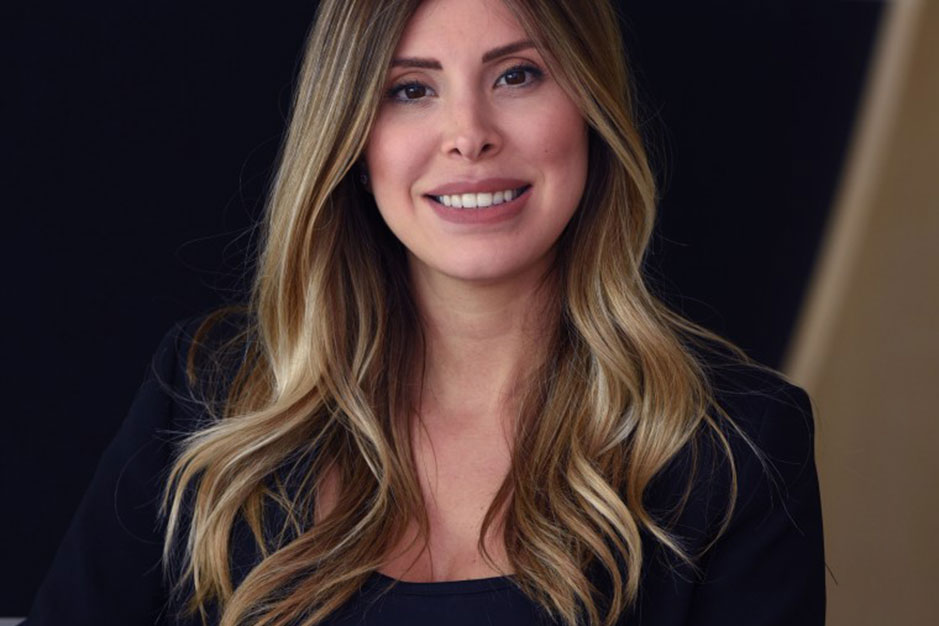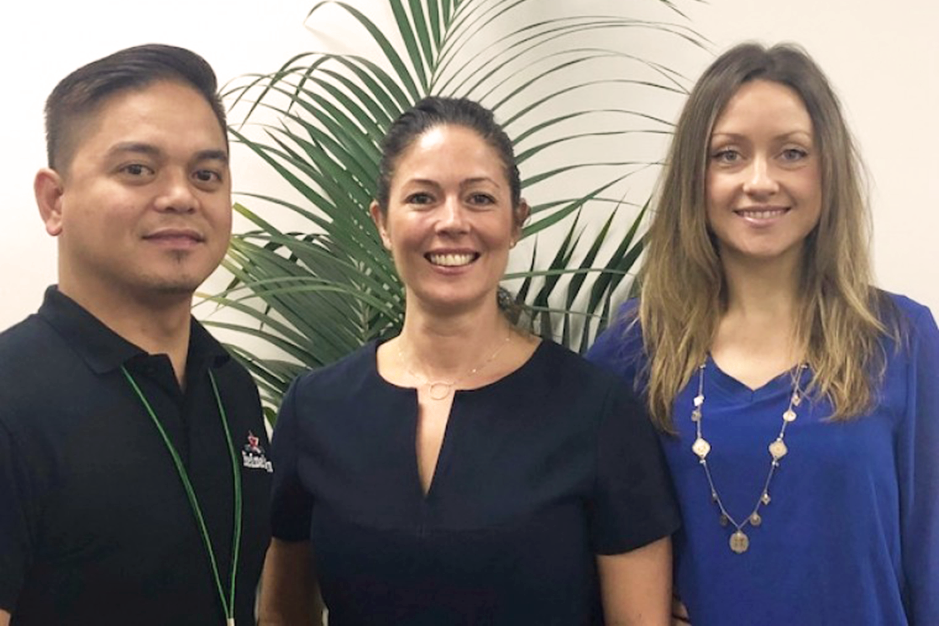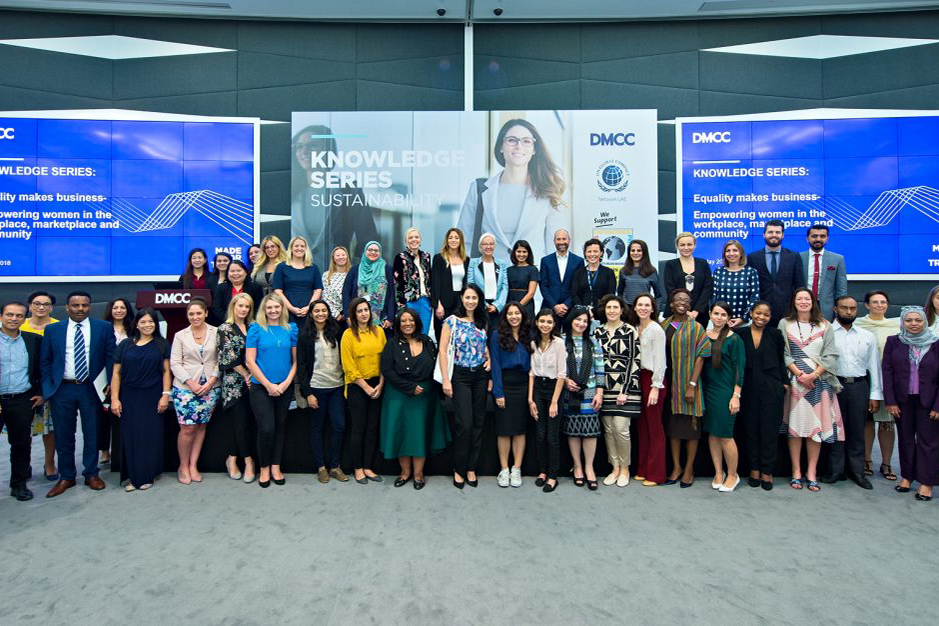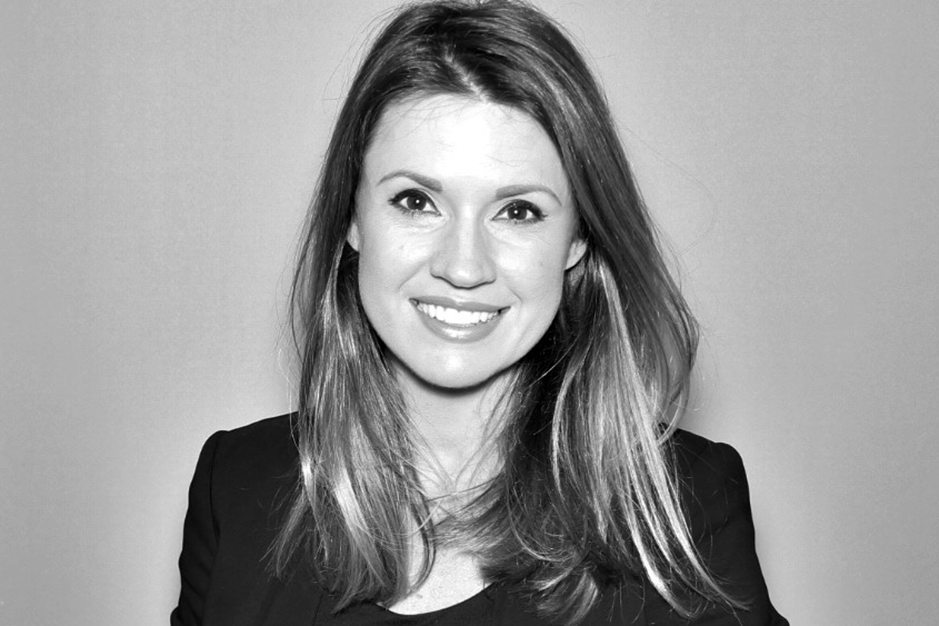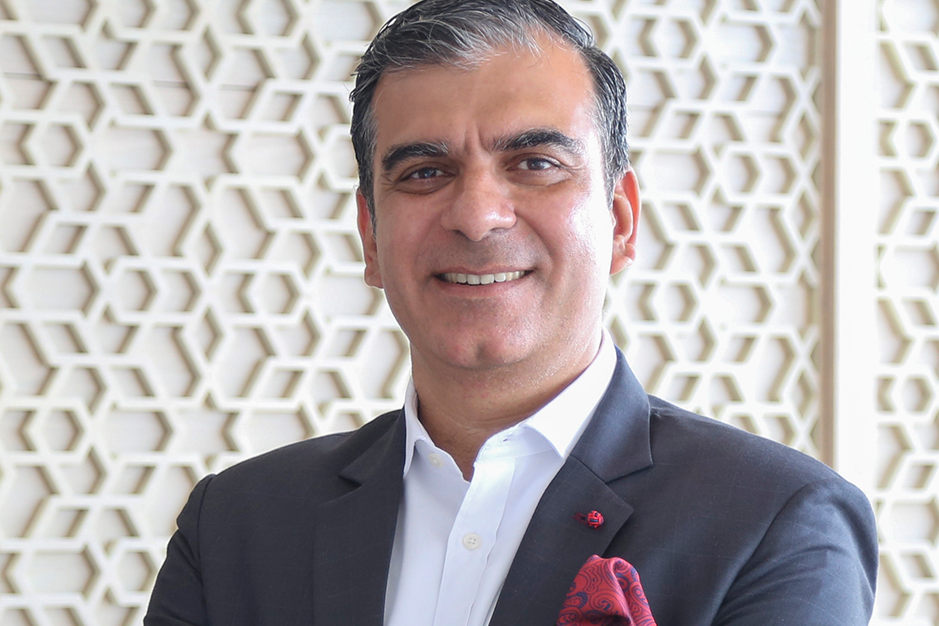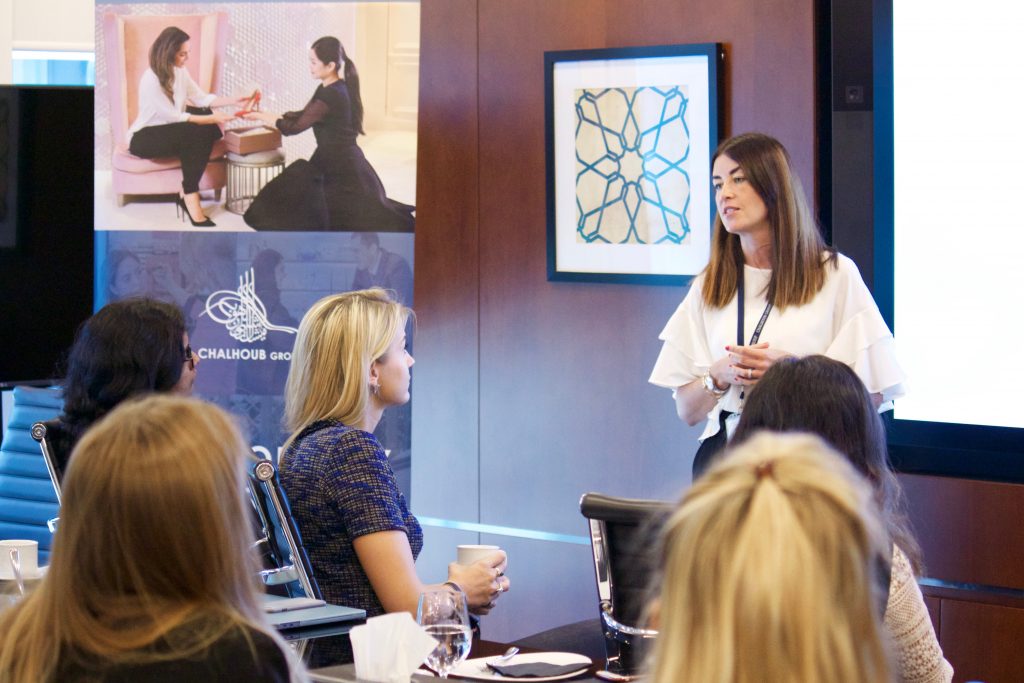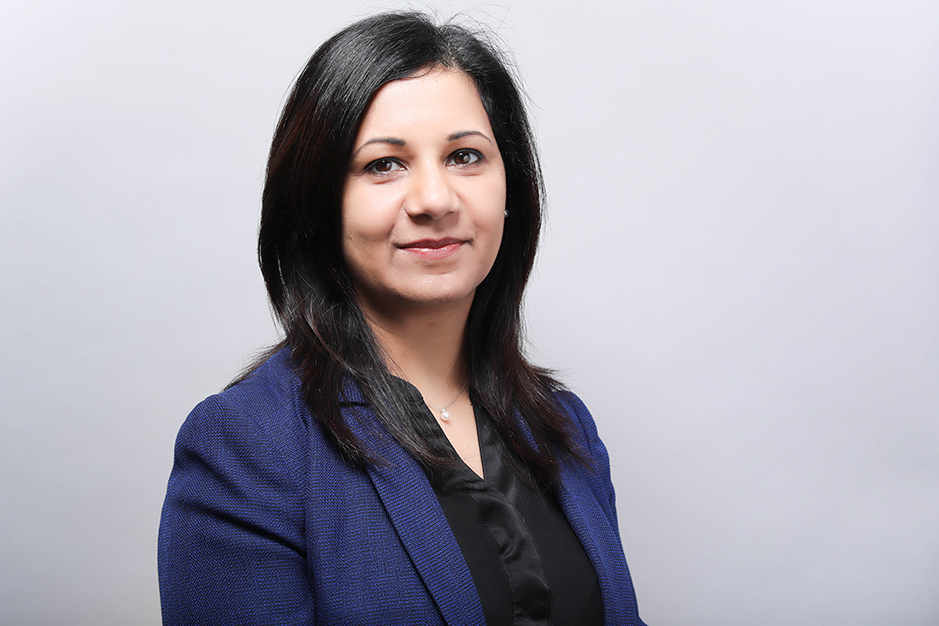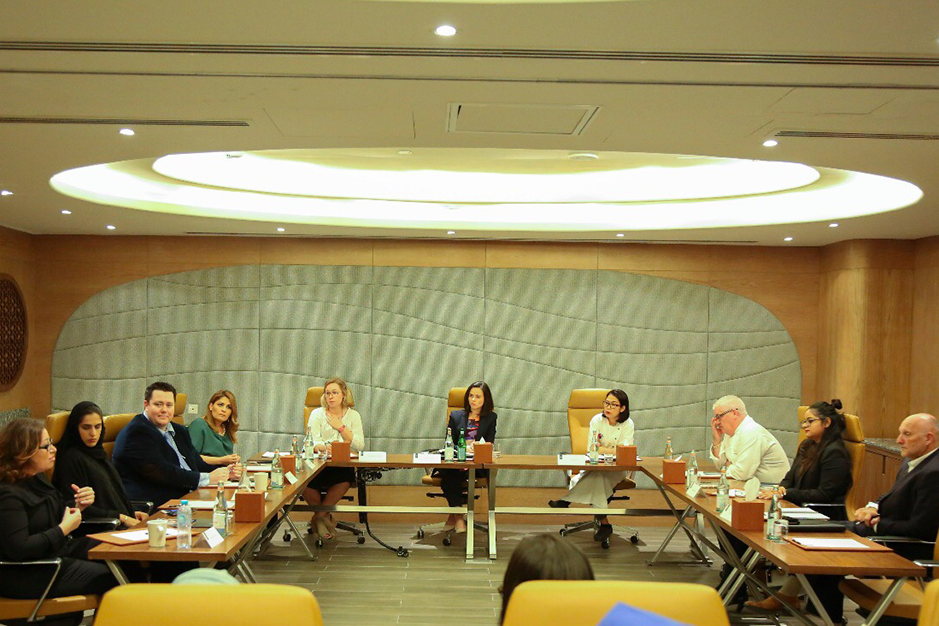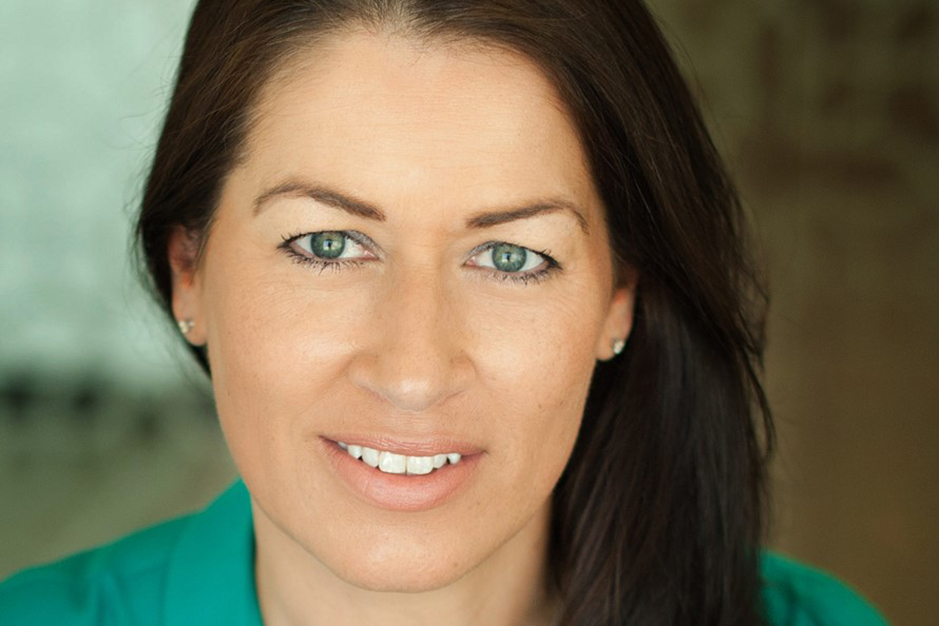At Nestlé, diversity and inclusion also means recognizing that gender equality, and in particular, women’s rights and empowerment are critical to creating shared value for our business and for society.
For this month of August, we’ve had the pleasure of getting up close and personal with Siwar Zein from the Talent Function – Middle East Team at Nestlé, a Swiss transnational food and beverage company. Let’s get to know more about her role and her company’s vision and D&I initiatives for the region:
WEPs UAE: Hello Siwar, please introduce yourself and your work at Nestlé.
Siwar: My role in Nestlé is to lead the Talent Function for the Middle East based out from Dubai. This includes leading areas such as Talent Acquisition, Talent & Performance Management, Leadership Development, Capability Building and Diversity and Inclusion.
I initially started my career in the UK working in HR in Barclays Commercial Bank and then relocated to the Middle East with Nestlé and moved across HR roles in our offices in Lebanon, Kuwait and finally relocated with my husband and son to our UAE Head Office in my current capacity.
I have found my calling working in the talent space supporting people’s development. In the past couple of years I have been completing my journey to become a Certified Life Coach and have found that this has enriched my ability to support individual’s to lead a more fulfilled life which has been proving to be a humbling experience. I’m fortunate to work in an organization like Nestlé that has a purpose that revolves around Respect for Individuals, for Diversity, for Communities and for the Future and has People topics on the top of its agenda.
W: Tell us a bit about Nestlé’s vision for the region and how that manifests here?
S: As a company, our purpose in enhancing quality of life and contributing to a healthier future and our values are rooted in respect: respect for ourselves, for each other, respect for diversity and respect for the future. Respect for diversity means respecting other ways of thinking, other cultures, and all the different facets of society. Respect requires each person to demonstrate openness and inclusiveness in our interactions, both inside and outside of our company.
Our ambition is to embed diversity and inclusion across everything we do, focused on three core areas: innovation, society, and culture. By building an inclusive culture that values the different talents and experiences of our employees; innovating to serve the needs of our diverse consumers and customers; and engaging with society in the diverse markets where we operate, we are able to create the company we want to be for the future.
At Nestlé, diversity and inclusion also means recognizing that gender equality, and in particular, women’s rights and empowerment are critical to creating shared value for our business and for society. It means demonstrating cultural agility, promoting integration and equality for people across all generations and promoting a culture that focuses on all abilities and that is inclusive to all communities.
W: In what way does Nestlé Middle East promote Gender balance?
S: Gender Balance at Nestlé Middle East, is one of the key pillars in the company’s diversity and inclusion initiatives, it shuns quotas in favor of a system that hones talents and creates favorable conditions to ensure employees of all ages have equal opportunities to evolve their careers within the company.
In 2018 Nestlé Middle East has announced a new Maternal Protection Policy on International Women’s Day which gives women a minimum of 14 weeks paid maternity leave and the right to extend their leave by up to six months.
In addition, the Policy includes employment protection, flexible working arrangements and guaranteed access to breastfeeding rooms during working hours in all offices and sites, including factories, equipped to ensure the comfortable expressing of milk, storage, and hygiene. Comfort packs including information on breastfeeding as well as a breast pump allowance are also provided to new mothers.
Long-standing policies at Nestlé Middle East already promote clear alignment with managers to ensure transparency and reintegration into job tasks once a person returns to work from maternity leave, with several women already receiving promotions prior to going on maternity leave. The process makes room for clear handover of roles and responsibilities to team members ahead of maternity leave to ensure business continuity. It also allows employees on leave to optionally be involved in making any potentially critical decisions while they’re away, or participate in select important meetings remotely.
Diversity and Inclusion forum at the company involves several initiatives, including support to employees who plan to deliver abroad by providing the opportunity to work from any Nestlé office within the region or remote access for one month for both the father and the mother prior to maternity/paternity leave.
The commitment to “be a gender-balanced company by creating enabling conditions in our work environment to achieve annual increases in the percentage of women managers and senior leaders” was announced in the 2015 Nestlé in Society report for the Middle East, and is on the agenda of the company’s top management.
All senior managers at the company receive training on Diversity and Inclusion awareness and leadership, to help eliminate unconscious bias and promote an environment that embraces diversity and fosters an inclusive culture.
I am proud to say that the percentage of women in total managerial positions in the region at Nestlé in the Middle East has risen from 16% in 2011 to 29% year to date. In addition, today five women are part of the senior leadership team of our company.
W: How do you feel you differ from other large companies here and what more would you like to achieve?
S: I have been fortunate to engage with several companies globally and in the region who have been focusing more and more on driving the Diversity & Inclusion agenda. Having had this as a priority on our senior manager’s agenda for some time now, we have also been able to share our experiences with other organizations as they explore what they can implement as they kick start some of their initiatives.
I would say that in Nestlé what I love the most is that Diversity and Inclusion is not only something that is done for ‘show’, we walk the talk’. We have also broadened the agenda focus from only gender balance, which is still a key priority for us, to a well-rounded focus on how we can be diverse.
On top of the different initiatives I have referenced above, more recently we have started to embed further flexible working arrangements as a means to empower people in HOW, WHEN and WHERE they work.
Our focus is more on working smarter as an individual and as a team in order to get things done in the most efficient way. We are now also embedding further the concept of virtual teams which allows for some roles to be based out from different locations across the globe, bringing work to talent, to start navigating mobility challenges of dual working households.
Our agenda is still very active across the region and the globe on this front so I would say stay tuned for what’s to come as we aim to provide a workplace culture that generates equal opportunities for everyone from the point of recruitment until the end of the working relationship, and where people are treated with dignity and respect.
